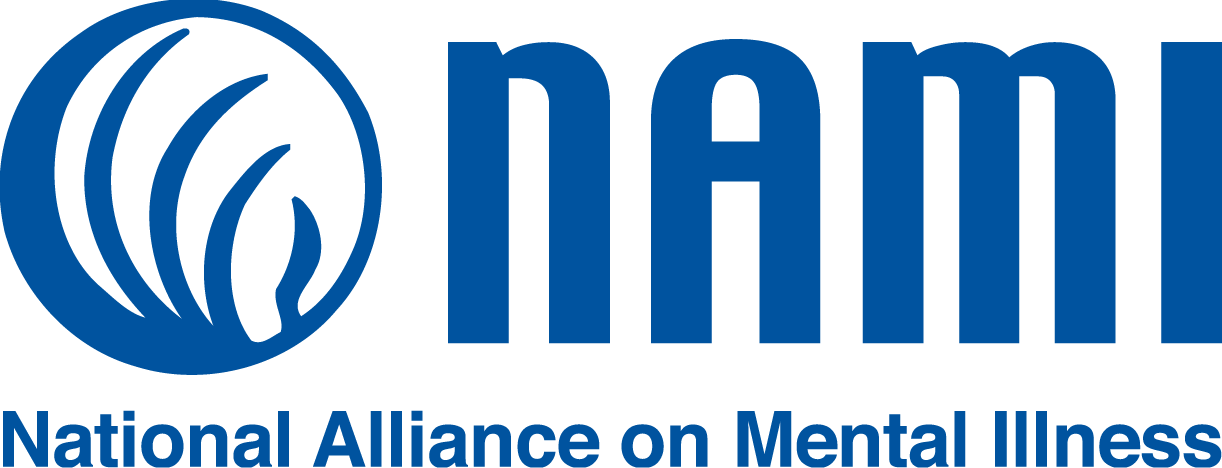
Minority (aka BIPOC) Mental Health Month was established in July 2008 to recognize the disproportionate levels of mental illness and inadequate treatment that exist within minority populations. In reverence, we want to discuss some of the current statistics, consequences, and outdated narratives that encompass the mental health of Black, Indigenous, Hispanic, Asian and queer people of color. The goal in highlighting these disparities is to come together as a community in search of more effective treatment and resources.
Over 41% of the U.S. population identifies as a person of color. Within the minority population, mental illness has a wide range of impact. In a 2019 census, Mental Health America gathered information on the broadened areas of alcohol/substance abuse, anxiety and depression, eating disorders, and psychosis. Within their findings, multiracial, Native/Indigenous groups, African Americans, and Asians ranked highest on the risk scale respectively. Most notably, LGBTQ+ individuals within these groups presented the highest risk for symptoms along with suicide.
These disparities impact minority groups' capacity to work, care for our families, and navigate daily responsibilities. Despite an abundance of data supporting the urgency of mental health resources, minority populations continue to face inadequate levels of accessibility to services.

Along with the ever-present systemic hurdles, minorities also face obstacles within their own communities. Although society has begun shifting toward a more affirmative mental health model, limitations are upheld through mentally and
emotionally stifling communal narratives.Through their Strength Over Silence docu-series (accessible via YouTube), NAMI strives to confront and combat cultural narratives such as the “Strong Black Woman'' trope, LGBTQA+ stigma, and the perception that mental illness equates to weakness.

We need to shift the tides of minority mental health, to take a stand for ourselves and our community. If you belong to a minority population, you can do this by demystifying learned and/or developed beliefs that suggest you cannot or should not seek professional help for mental health issues. Once identified, prioritize and advocate the resources necessary for you and your community to thrive. In addition, we encourage you to create personal and extended safe spaces by being open to experiences and perspectives you may not understand.
Here's one final reminder that you are not alone. Identity is not indicated by race alone but factors such as language, genealogy, traditions and world views. Despite respective differences, our racial, gender, and cultural identity should not dictate the value of our collective mental health and accessibility. We are all deserving of professional and community aid to effectively navigate our world, mentally and emotionally.
Sources
https://www.counseling.org/knowledge-center/mental-health-resources/bipoc-mental-health-month
Leah S., MD, PhD,1 Daley, Andrea, MSW, PhD,2 Curling, Deone, EdD,3 Gibson, Margaret F., MSW, PhD,2 Green, Datejie C., MES,4 Williams, Charmaine C, PhD,5 and Ross, Lori E., PhD. (2017) LGBT Identity, Untreated Depression, and Unmet Need for Mental Health Services by Sexual Minority Women and Trans-Identified People. JOURNAL OF WOMEN’S HEALTH. Volume 26, Number 2.
